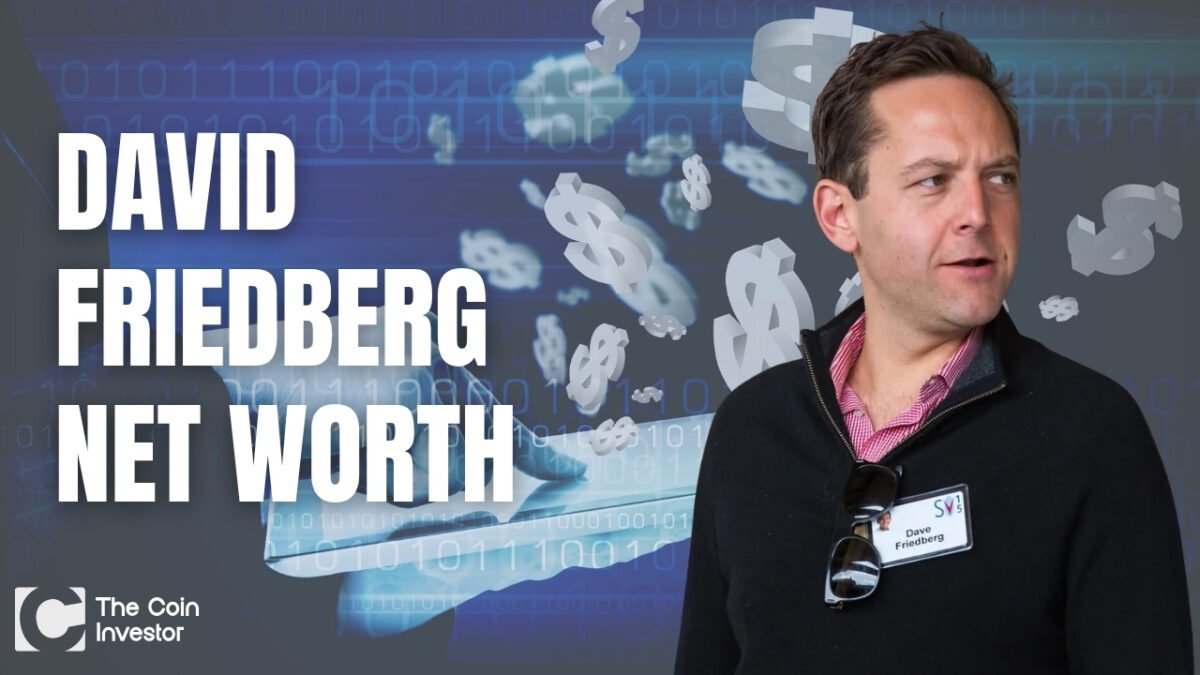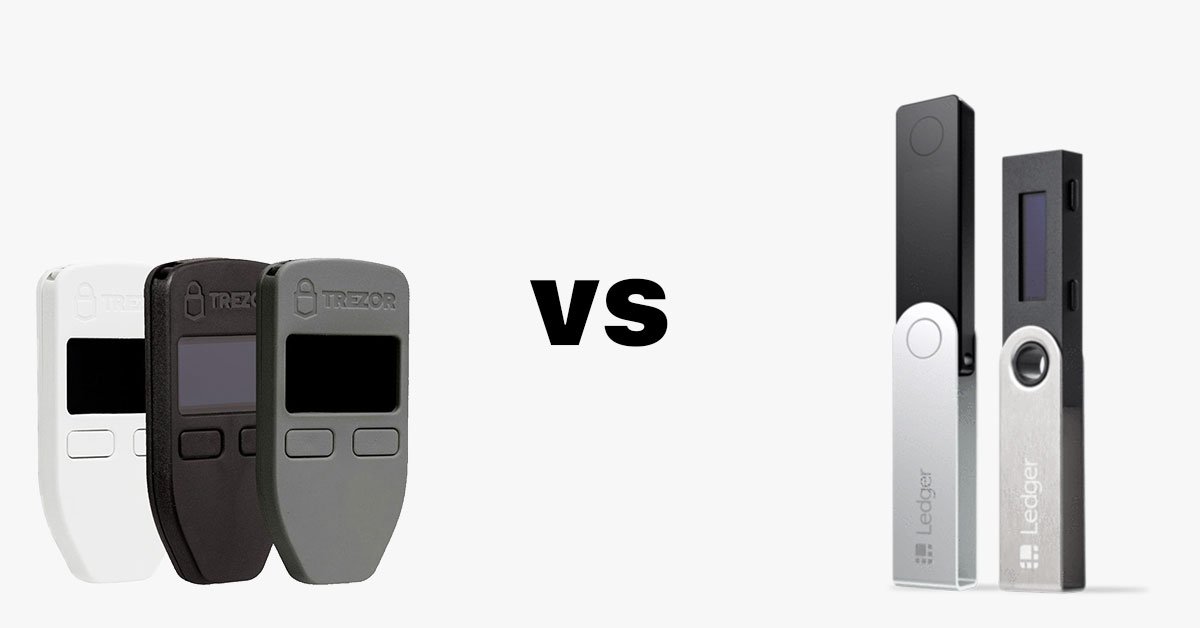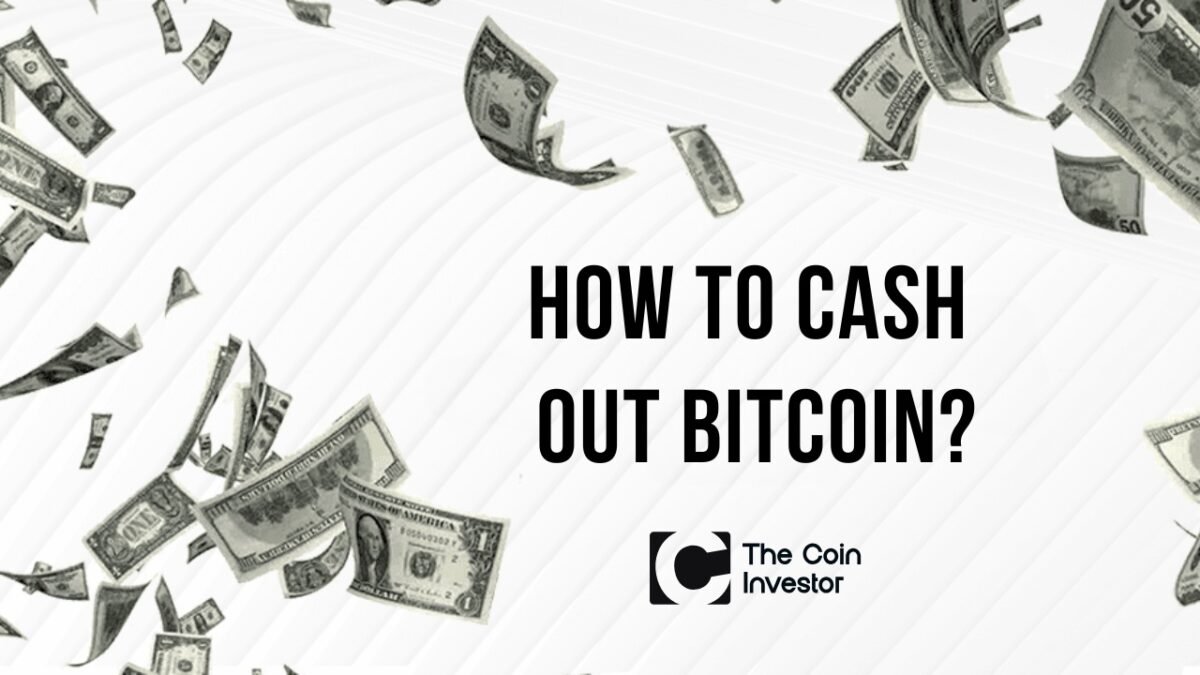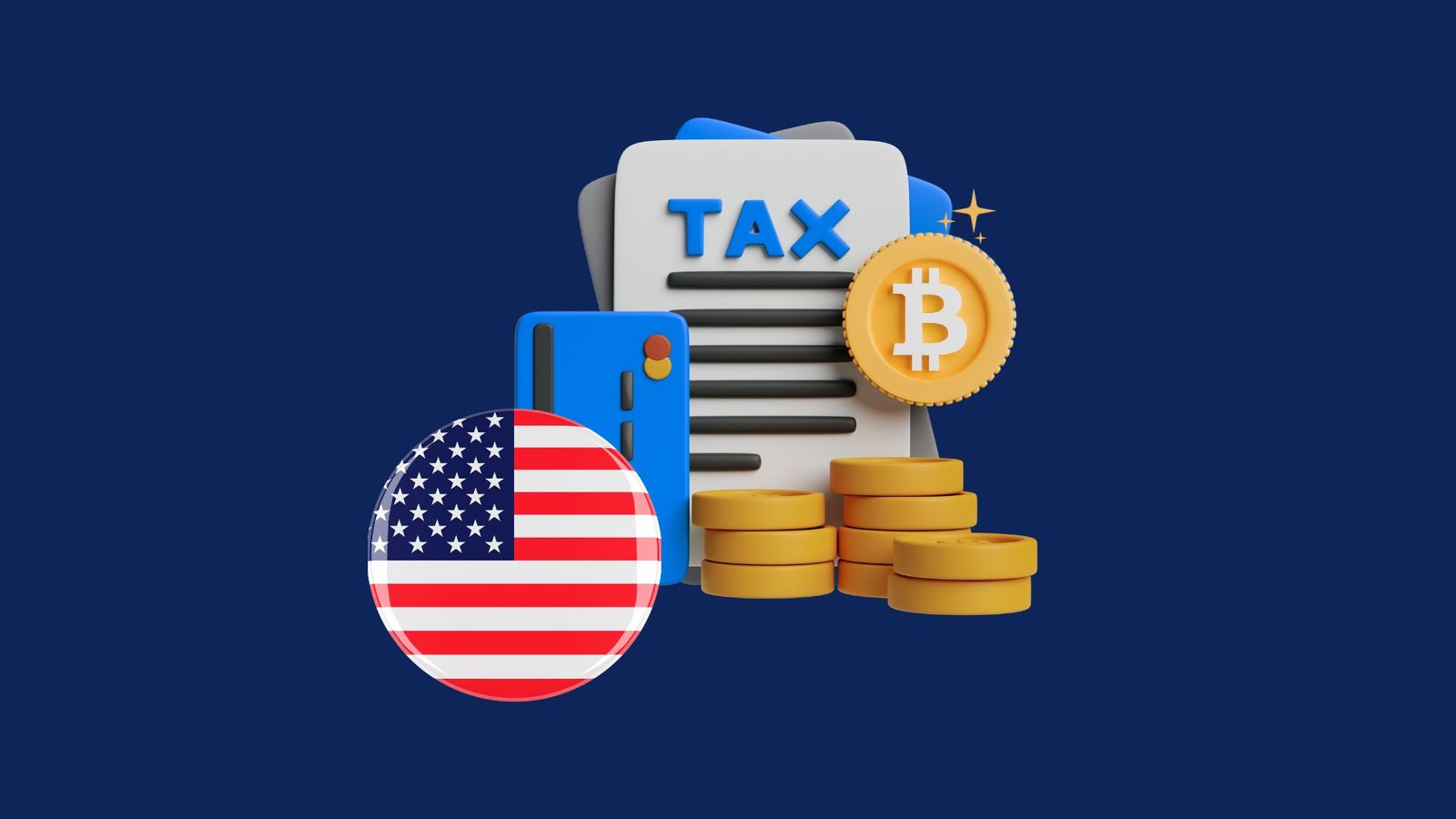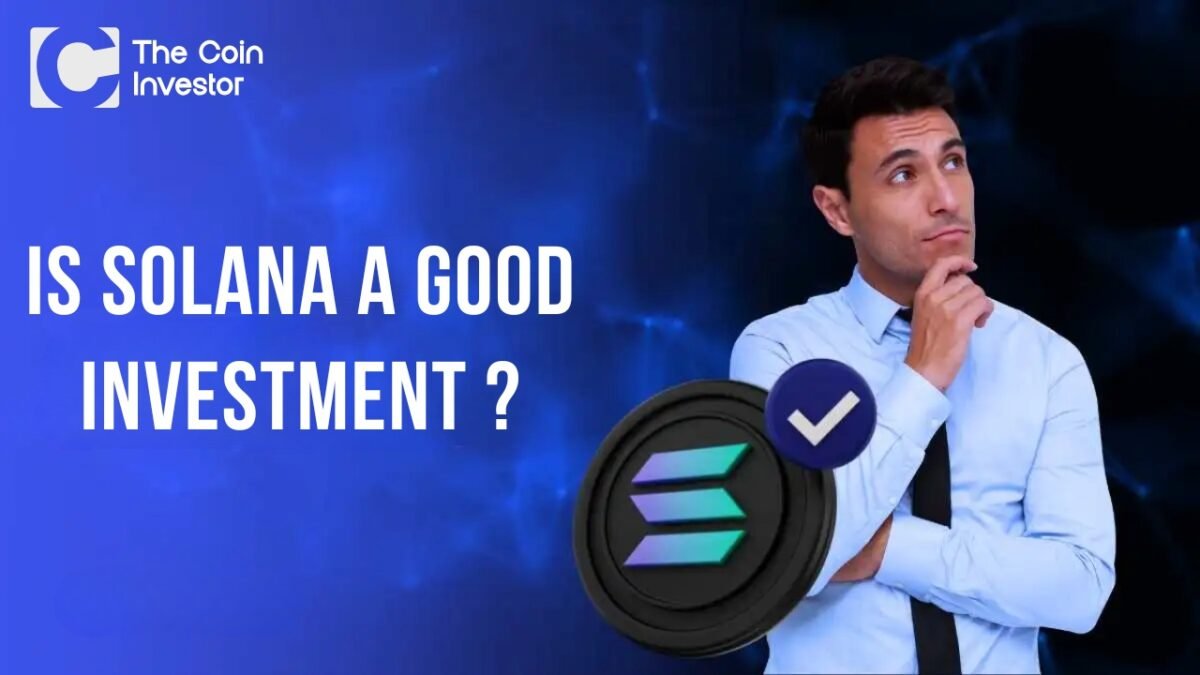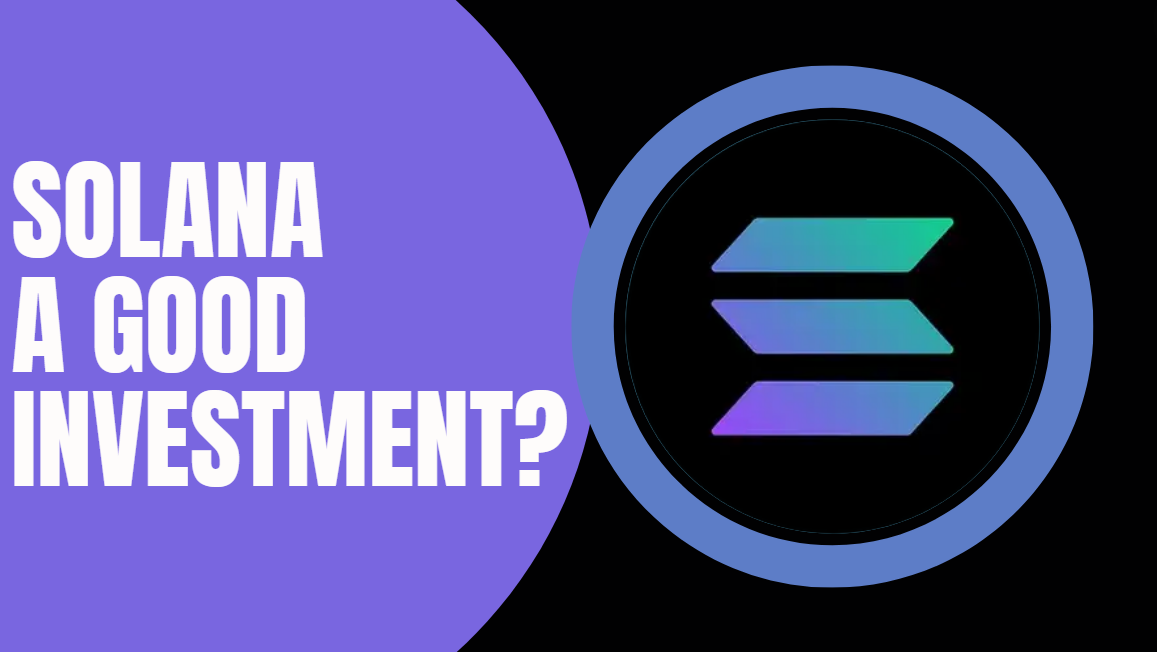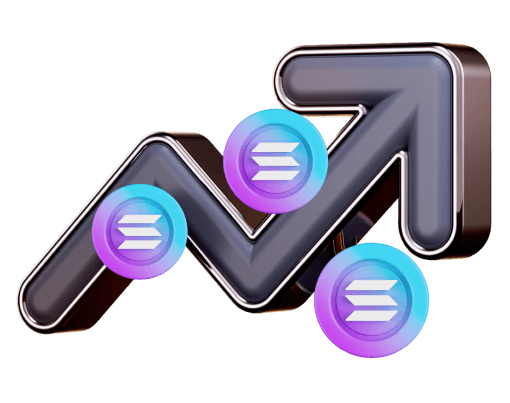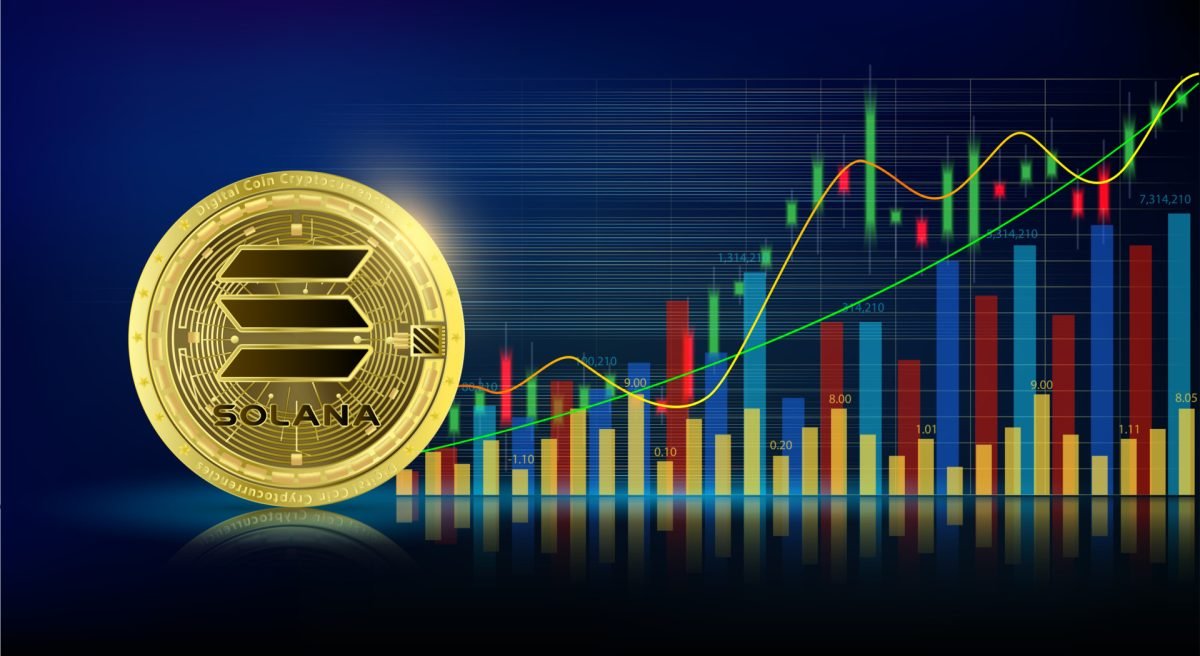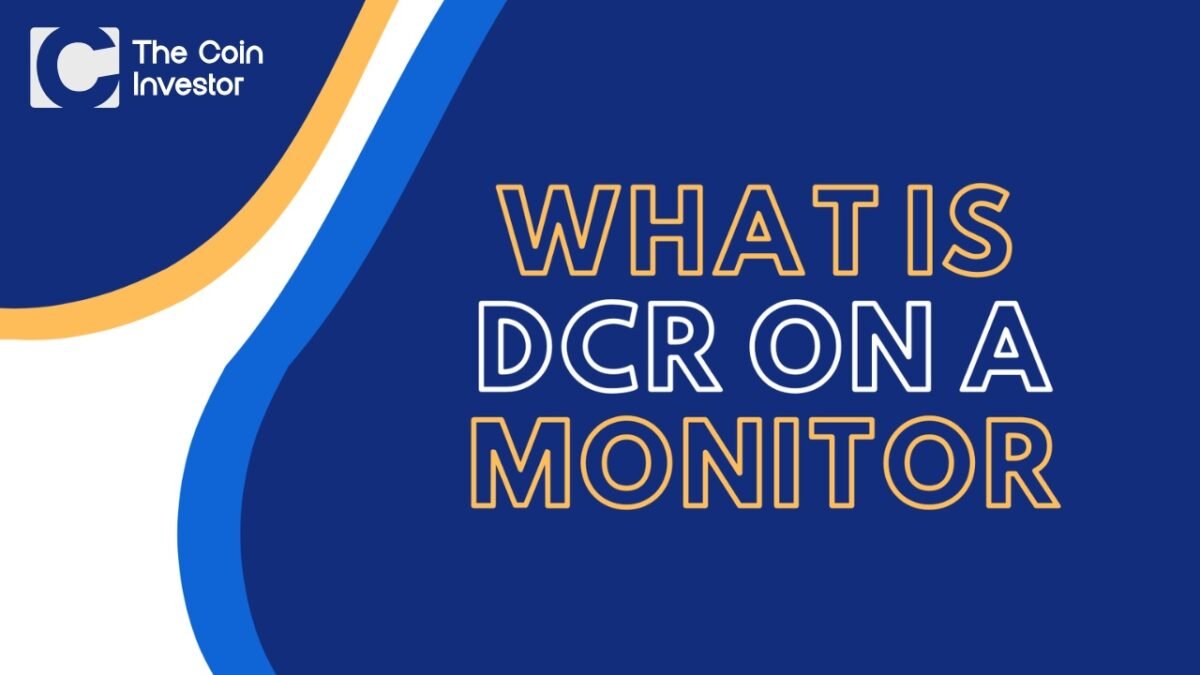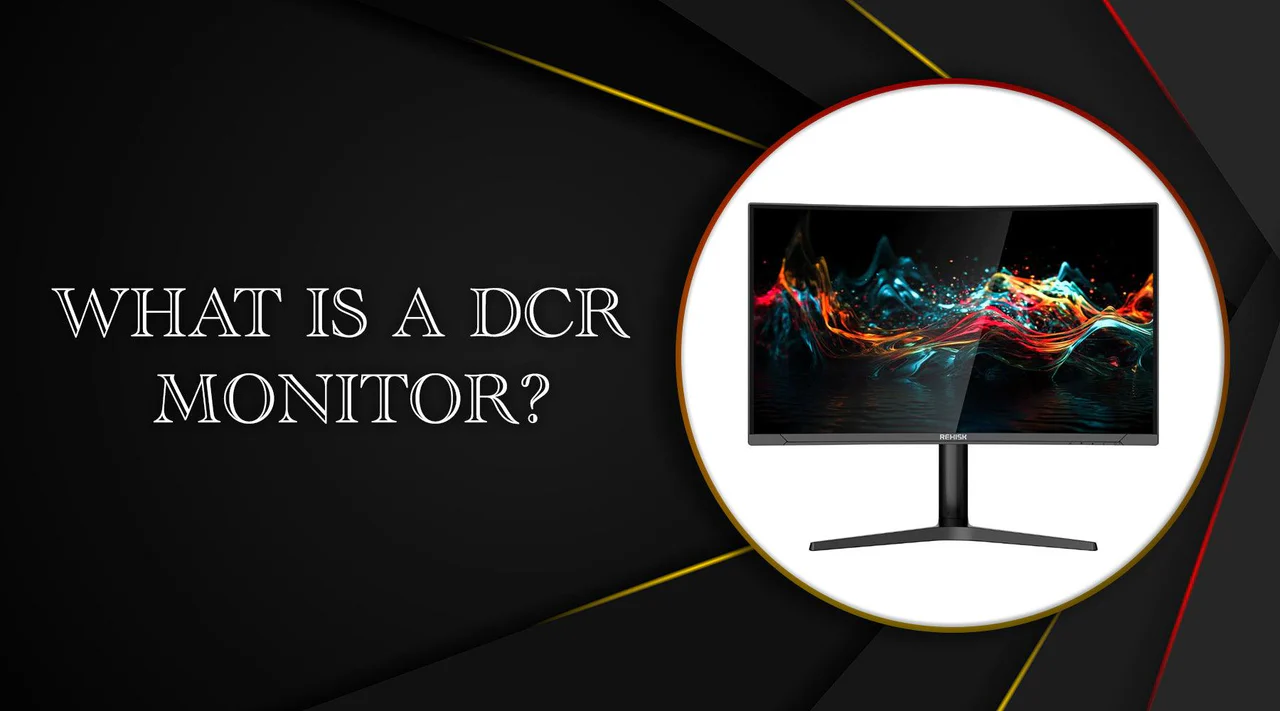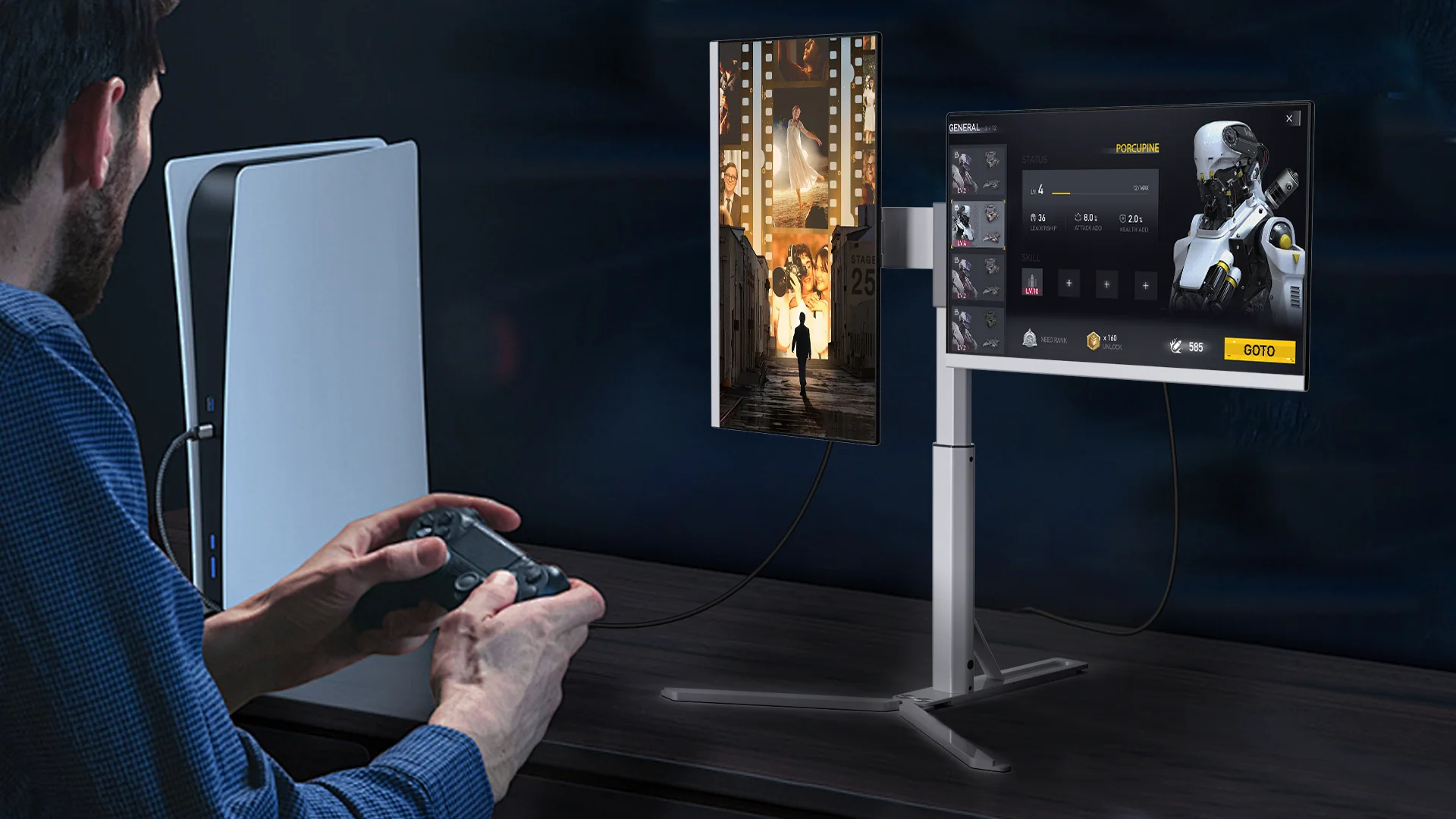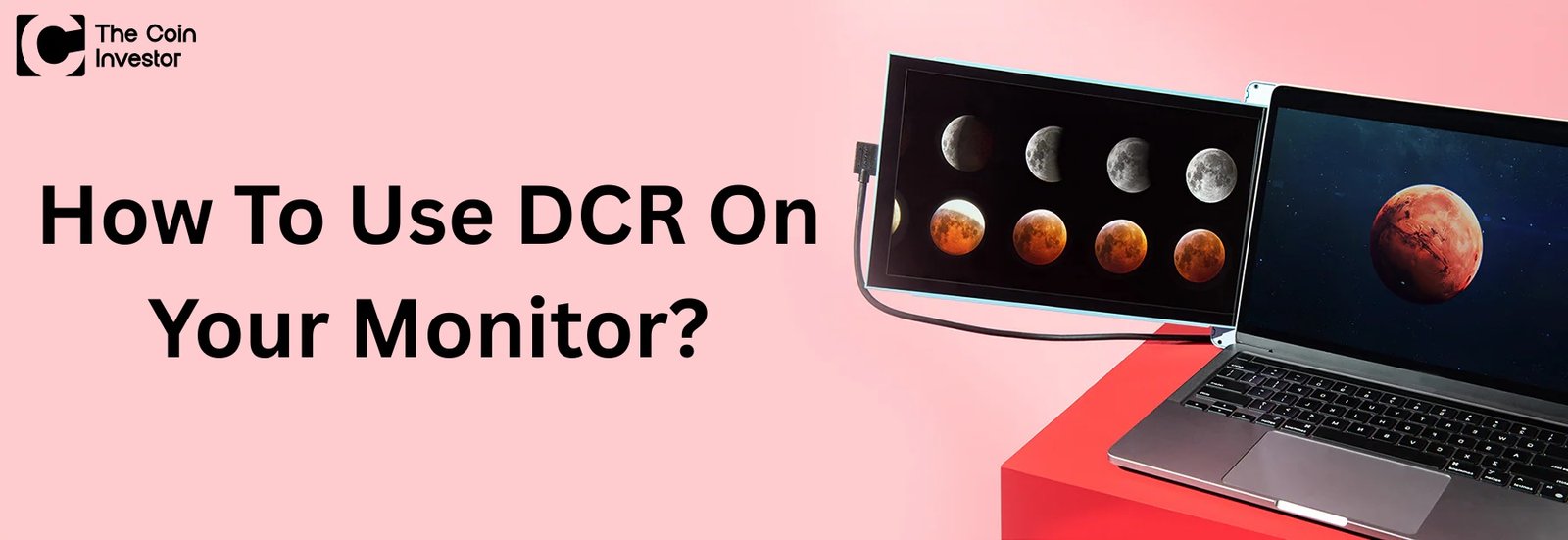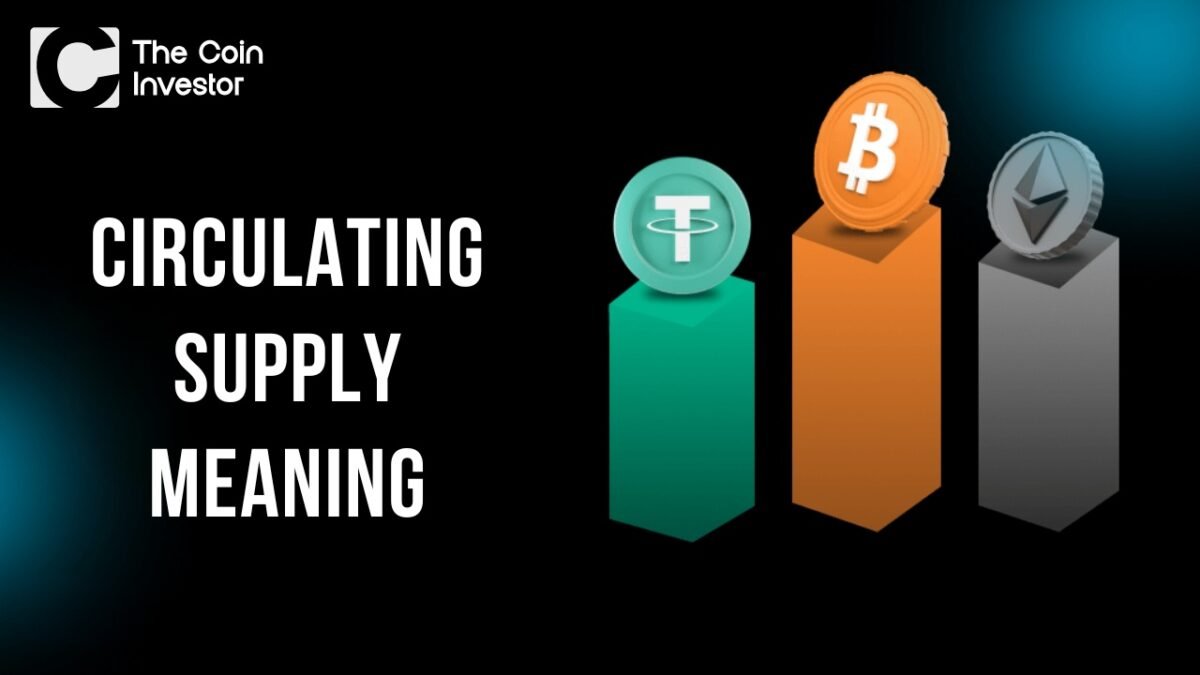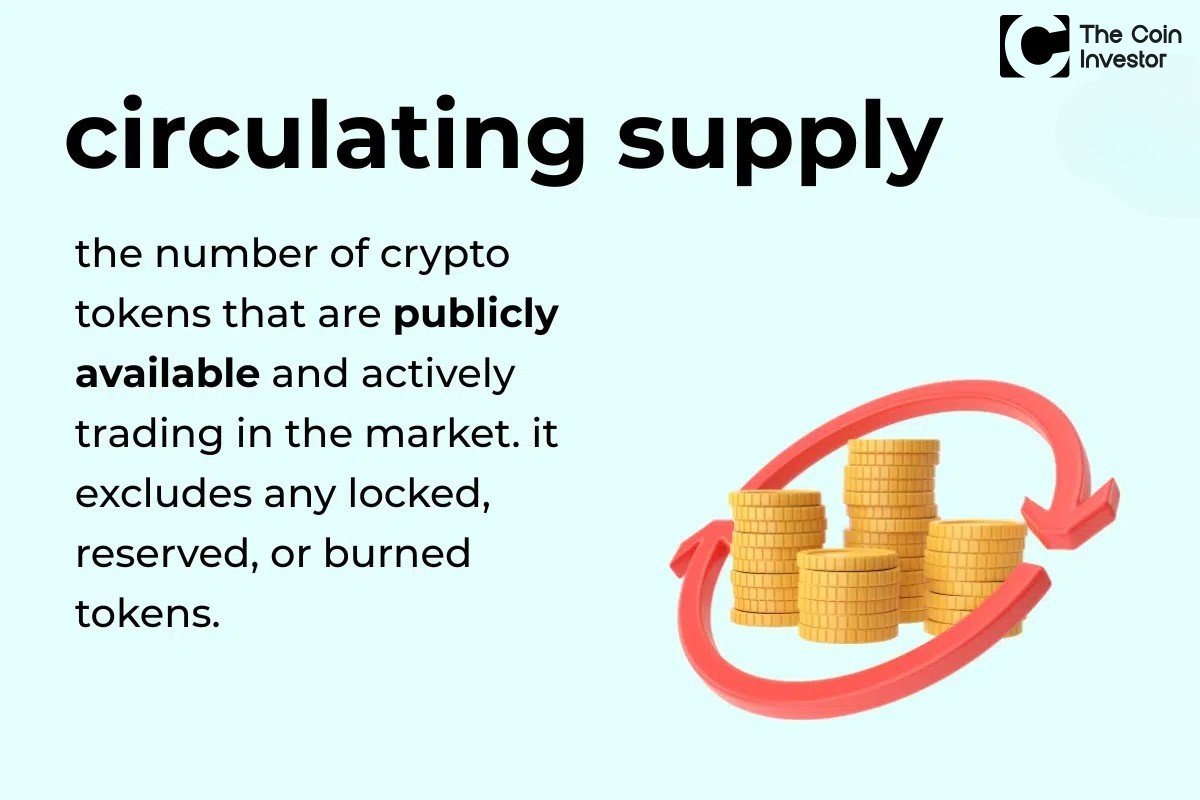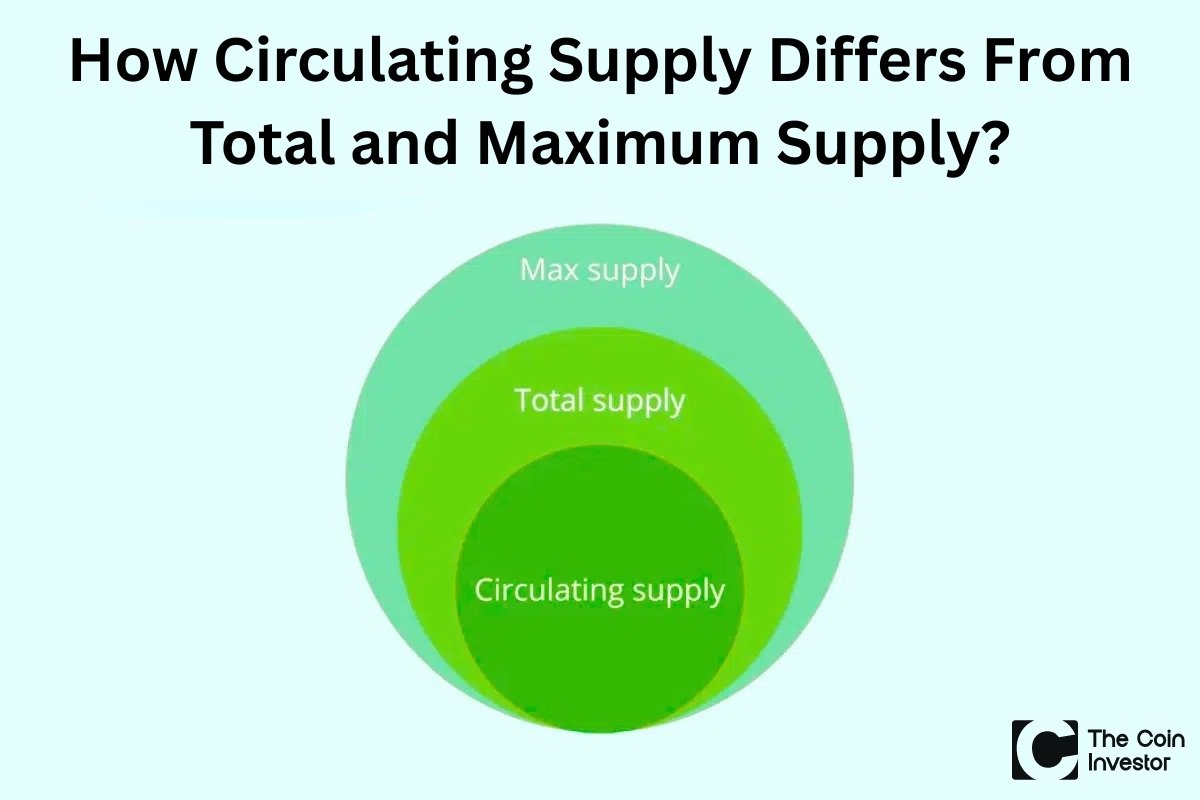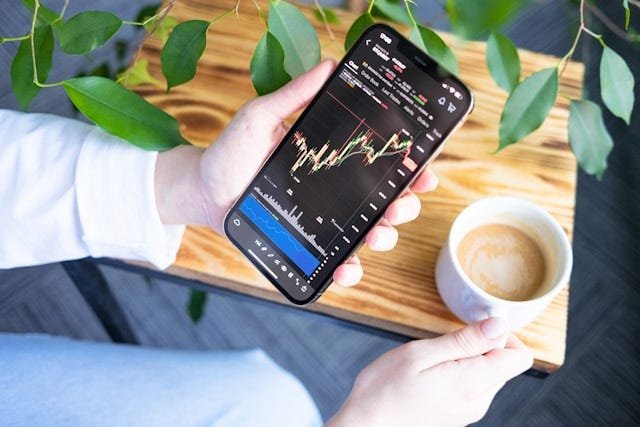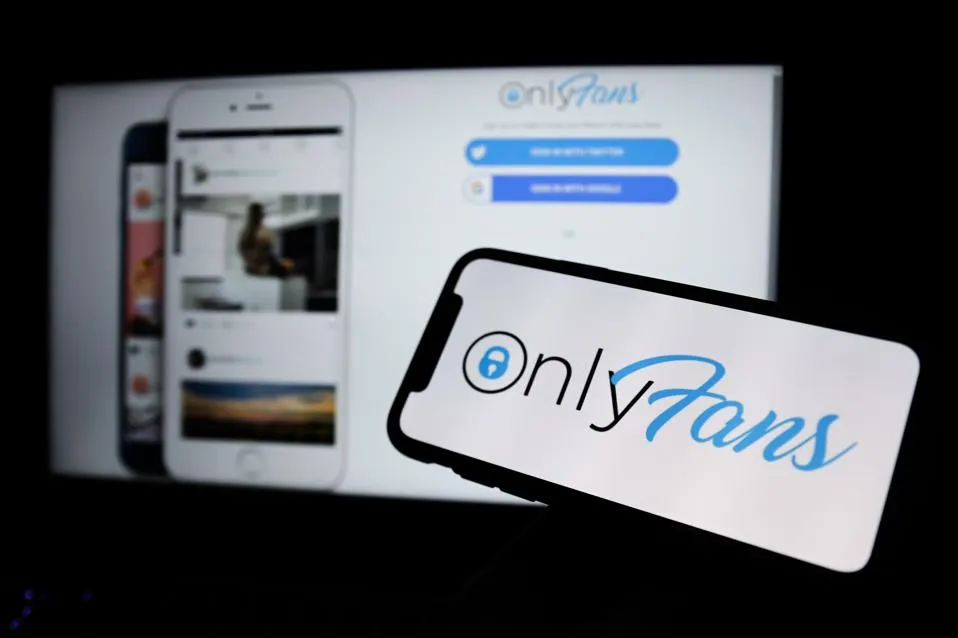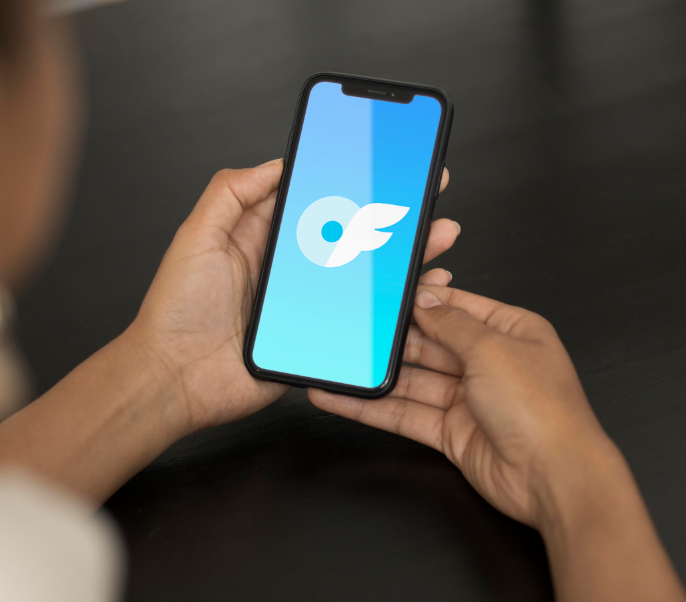David Friedberg is a top business leader and investor in Silicon Valley. He changes tech and farming into profitable fields with his innovative approach.
He was born in South Africa and grew up in Los Angeles. He has done well in banking, funding new ideas, and starting his own businesses.
As the head of the Production Board, he co-hosts the All-In podcast. His partners on the podcast are Chamath Palihapitiya, Jason Calacanis, and David Sacks.
His smart ideas for world problems have helped him gain much wealth.
He worked with Larry Page at Google and started The Climate Corporation. This company was one of the first in farming tech.
Through The Production Board, he puts money into health care, food making, and green projects.
David Friedberg Net Worth: 2025
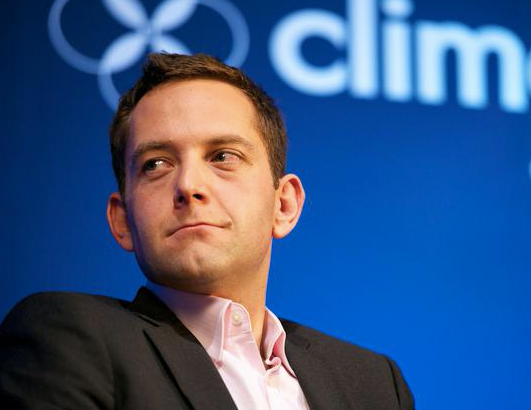
David Friedberg’s net worth in 2025 is about $1.3 billion, a significant increase from David Friedberg’s net worth of $1 billion in 2023.
This amount places him among the top tech billionaires. Most of his wealth comes from the $1.1 billion deal with Monsanto.
This deal was for The Climate Corporation in October 2013. It was a big event for farming technology.
Friedberg has kept growing his wealth through smart investments and key jobs in different companies.
His net worth estimates range from $1 billion to $1.3 billion. This shows steady growth from angel investing and corporate work.
He also benefits from successful startup sales. His success shows the chances in farming tech, climate solutions, and data help.
Major Investments and Strategic Acquisitions
Friedberg’s investments through The Production Board show his skill in finding growth chances. His key investments are Pattern Ag, Ohalo Genetics, Culture Biosciences, and NorQuin. These companies work on soil biology, gene editing, biotechnology, and sustainable quinoa.
Friedberg aims to support firms that improve food production and fight climate change. The Production Board invests in life sciences, biomanufacturing, and farm technology. He uses patient money and strong know-how to help these companies grow. His wide network is valuable for their success. Also, his investment in Lavoro shows his global view on food production and new markets in Latin America.
Early Life and Academic Background
David Friedberg was born on June 6, 1980, in South Africa, where he spent his early childhood before his family’s transformative move to the United States. This international background would later influence his global perspective on business and his understanding of diverse market dynamics. His upbringing in South Africa provided him with unique insights into resource scarcity and agricultural challenges that would later shape his entrepreneurial ventures.
Childhood in South Africa and Transition to the United States
David Friedberg’s family moved from South Africa to Los Angeles when he was six years old.
They wanted better chances in America’s economy. This move shaped his path as a business person. It also gave him a strong love for the American dream of wealth through new ideas and hard work.
In LA, he grew interested in environmental issues. He became president of the “Students H.O.P.E..” club while in high school.
This early focus on helping the environment later affected his business plans and how he invests. It showed the skills that marked his career in tech and caring for the planet.
Studies at UC Berkeley and Passion for Astrophysics
Friedberg’s school journey started early at Clarkson University in Potsdam, New York. He began at just 16 years old. While studying there, he worked in a pool hall. He also practiced his poker skills. These experiences helped him later in venture capital and startup deals.
After one year, he moved to the University of California, Berkeley, where he earned his bachelor’s degree in astrophysics in 2001.
His studies gave him strong analytical skills. They also helped him understand mathematical modeling well, which was important for his tech job. He worked part-time at the Lawrence Berkeley National Laboratory too. This work allowed him to use these skills on tough scientific problems. He gained useful experience in data analysis and research methods along the way.
Career Foundations and Corporate Experience
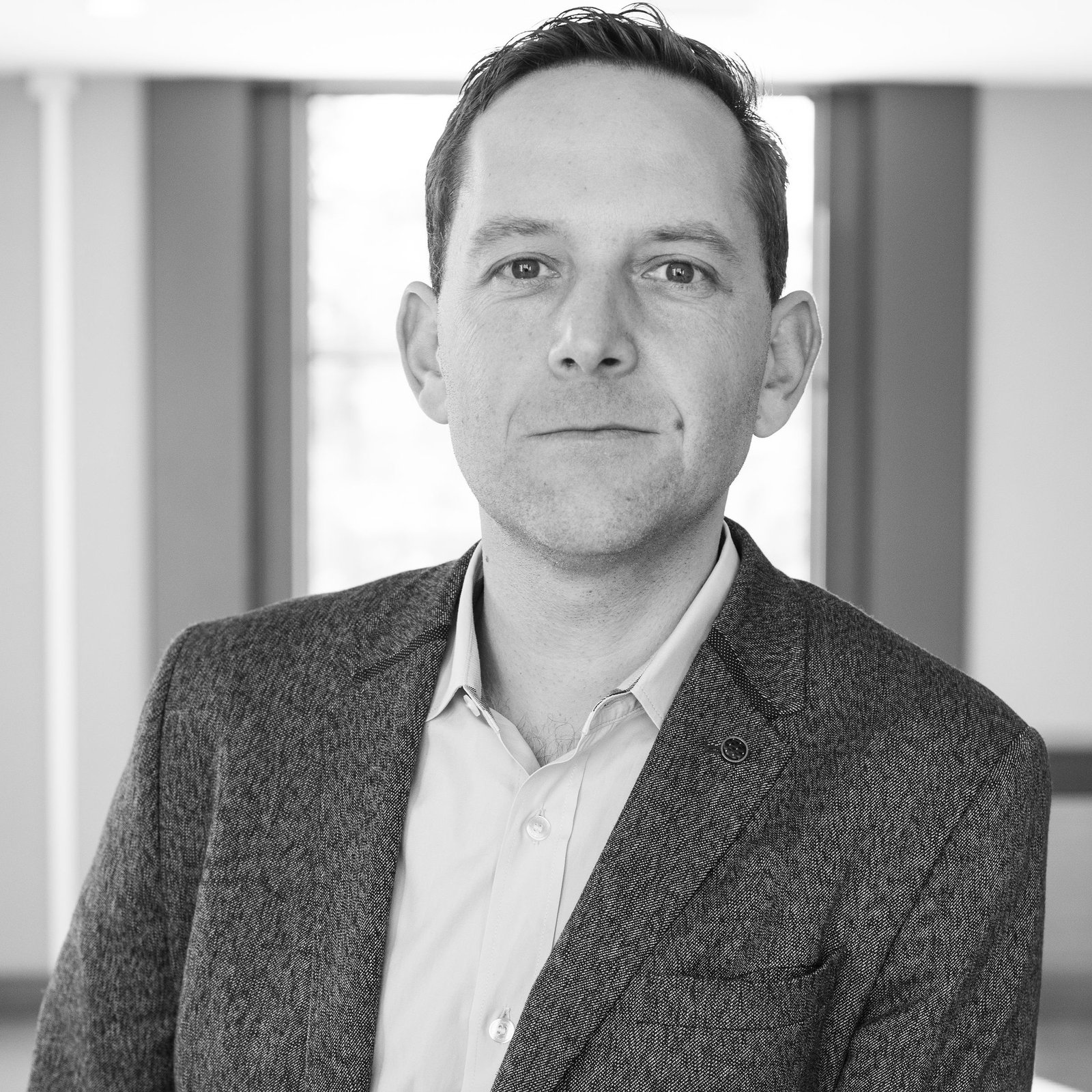
After graduating from the University of California, Berkeley, David Friedberg embarked on his professional journey in the financial sector, gaining important experience that would later inform his entrepreneurial spirit and ventures.
His early career combined traditional finance with emerging technology sectors, providing him with a unique perspective on capital markets and business valuation that would prove invaluable throughout his career.
Investment Banking and Private Equity
Friedberg started his job in banking at Jefferies Broadview.
Here, he learned about tech deals and business plans. He did not have formal training in finance. He had only studied physics in school. However, he was good at analysis and played poker in college. These skills helped him do well in a tough field.
This job gave him a better grasp of how tech firms grow. He learned how they get money and make important deals.
Later, Friedberg went into private equity work. This helped him learn more about how to value businesses.
He also learned about smart investments and improving operations. His time with many tech firms taught him how to spot good chances and check their growth potential.
This knowledge from private equity helped him when he started The Production Board. It also guided his smart investments in different fields.
Experience at Google
In March 2004, Friedberg began working at Google. He was one of its first 1,000 workers. He also helped start the Corporate Development group. He joined just before Google’s IPO and saw its fast growth.
As a business product manager for Corporate Development and Business Products, he worked on AdWords. He also made important deals for the company. While working with co-founder Larry Page, Friedberg learned about Silicon Valley culture.
He gained knowledge about innovation and making choices based on data. His time at Google taught him to think big and solve problems from the ground up. These ideas later guided his work with The Climate Corporation and The Production Board.
This experience shaped his views on starting businesses and how technology can help solve world problems.
Business Ventures and Breakthroughs
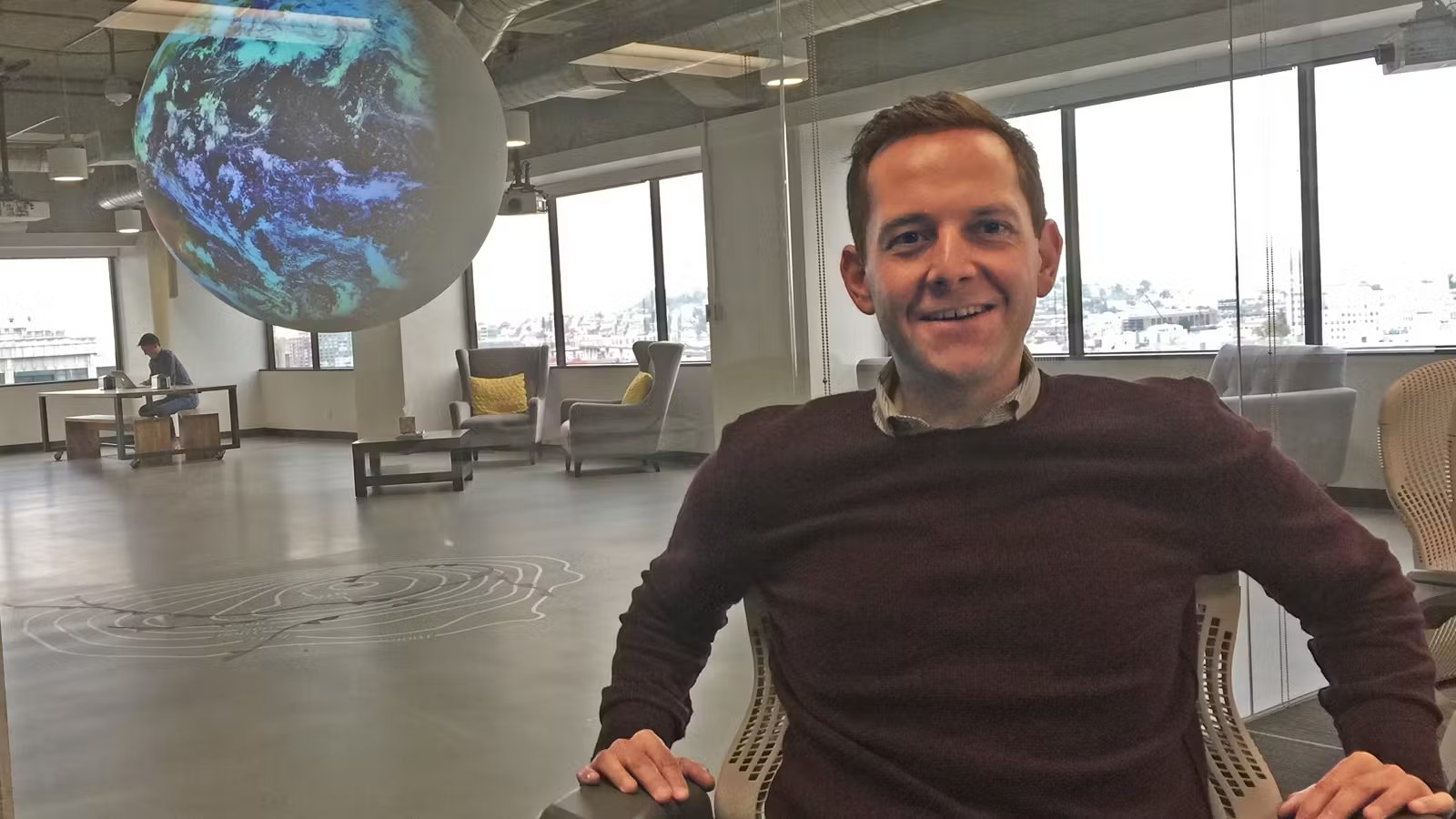
David Friedberg’s transition from corporate development to entrepreneurship began while he was still working at Google, inspired by a simple observation about the weather’s impact on business operations.
His entrepreneurial journey is a testament to how identifying real-world problems and applying technology solutions can create billion-dollar opportunities in traditional industries like agriculture and insurance.
WeatherBill and The Climate Corporation
In 2006, Friedberg started WeatherBill while working at Google. He saw how weather affected the Bike Hut rental shop in San Francisco.
He learned that about 70% of businesses are impacted by weather. This affects trillions in the economy.
In 2011, WeatherBill received backing from Founders Fund and first offered online weather insurance for various businesses. It provided automatic help against losses due to bad weather.
In 2011, it changed to The Climate Corporation. This new focus was on farming, which Friedberg thought needed better data use.
Friedberg’s work with The Climate Corporation utilized 30 years of data from 200 weather stations. It also used advanced models to create tools for farmers. These tools helped farmers manage their crops better and understand weather changes.
Monsanto bought The Climate Corporation for $1.1 billion in October 2013. This was a big moment for farm tech, making it the first “unicorn” in agriculture. It showed how Silicon Valley ideas can help with food production problems worldwide.
This sale not only secured Friedberg’s future but also showed how tech can solve global challenges in food production.
The Production Board: Vision, Growth, and Influence
After leaving Monsanto in 2015, Friedberg talked with Larry Page. They discussed making an investment tool for global problems in different industries. This led to the start of The Production Board (TPB) in 2017. It was supported by Alphabet’s promise for new ideas.
TPB acts as a holding company and venture foundry. It invests in tech firms in agriculture, life sciences, and biomanufacturing.
Unlike regular venture capital, TPB has a lasting capital setup for long-term investments. Its list includes leading companies like Ohalo Genetics and Pattern Ag. These firms work on important issues in food production and sustainability.
In 2021, TPB got $300 million from big investors like Alphabet and BlackRock. This showed Friedberg’s goal to solve global issues through business. TPB mixes strong scientific research with real-world use. It builds new companies instead of just funding old ones.
Media Presence and Public Thought Leadership
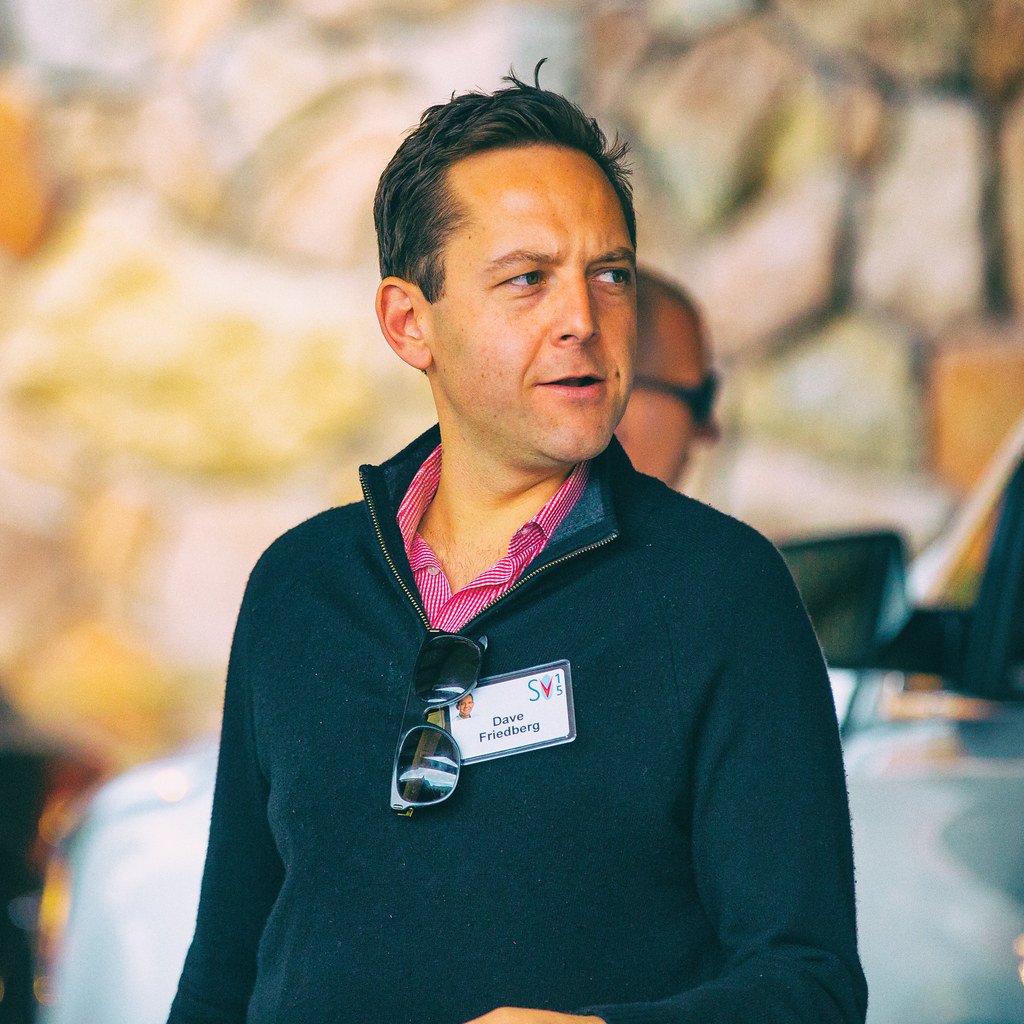
David Friedberg’s influence extends far beyond his business ventures through his prominent media presence and thought leadership in technology, economics, and innovation. His ability to communicate complex concepts clearly has made him a sought-after voice on critical issues facing society, from climate change to economic policy and technological advancement.
Podcasting with the All-In Podcast and Industry Influence
Friedberg became well-known as a co-host of the All-In podcast. He works with Chamath Palihapitiya, Jason Calacanis, and David Sacks. The podcast started in March 2020 during the COVID-19 pandemic.
It quickly grew to be one of the top shows on Apple and Spotify. Millions of listeners tune in each week. The show’s success is due to the hosts’ expert views on tech, business, and money matters. They also discuss tough topics openly.
Friedberg is famous for his science skills and data use. People call him “The Sultan of Science.” He often talks about climate change and how science meets policy. The podcast shapes talks in Silicon Valley and other places too. It brings a lot of media attention to tech topics.
The All-In podcast has featured big names like Elon Musk, Ray Dalio, Bill Gurley, and President Trump. This allows Friedberg to talk with key leaders in various fields. His role helps him have a greater impact on discussions in Silicon Valley beyond just his businesses.
Notable Public Speaking and Contributions to Innovation
Friedberg often speaks at big industry events and schools. He shares his thoughts on business, farming tech, and green practices. Some of his talks are at the World Agri-Tech Innovation Summit and Stanford eCorner. He also speaks at many venture capital meetings.
At these events, he talks about how food production may change and tech can help with world issues.
Besides speaking, Friedberg helps new ideas grow by advising groups like Pattern Ag and Lavoro. He gives smart advice and shares his know-how in how to run a business well. His mix of tech skills, business sense, and experience in Silicon Valley makes him a great helper for new business owners and investors. Friedberg writes for industry magazines too.
He joins talks on farming tech, climate change, and new rules for innovation. His science background with real-world business skills gives him a special view. He knows how to use tech to solve social problems while also making money.
Cultural Impact and Philanthropy
David Friedberg shapes the link between science, business, and social growth. He co-hosts the All-In podcast.
On this show, he shares data-driven ideas about tech, money, and climate change. He believes that innovation is important for culture. Friedberg speaks at events like the World Agri-Tech Innovation Summit.
These talks help improve discussions on food systems and reducing carbon footprints. He pushes for teamwork across different fields to solve tough problems like national debt and farming strength. He focuses on facts and working together.
Outside of work, Friedberg helps with charity in areas like nature care, learning, and health for communities. He rides in charity bike events for groups like Tour de Cure for Diabetes and Ronald McDonald House Charities. He also sits on the boards of the California Academy of Sciences and the Global Crop Diversity Trust. He supports biodiversity and smart farming methods that help with climate issues.
Friedberg invests in education tech and ocean care as well. This shows his wish to help grow future innovators while saving marine life. Through giving wisely and being active, Friedberg shows how business creativity can lead to lasting change.
Conclusion
David Friedberg started his life in South Africa.
Now, he is a billionaire in Silicon Valley. His story shows how strong businesses and entrepreneurial skills with new ideas can change the world. His net worth is about $1.3 billion.
This comes from his work on big global problems using tech and green projects.
He started The Climate Corporation, which was the first big success in farming tech. He also leads the Production Board and Ohalo Genetics.
Friedberg is always finding new ways to improve farming tech and health science.
He has skills in many areas, like math, banking, and working at Google. This mix helps him see how to innovate better.
Through the Production Board, he helps new companies deal with important issues like food production and climate change.
Friedberg’s impact goes beyond just making money; he shares ideas as a leader on the All-In podcast. As CEO of The Production Board, he directs its projects for better farming methods and sustainability. He is a major player in Silicon Valley’s business scene for years to come.
FAQs
Which companies has David Friedberg invested in recently?
David Friedberg has put money into many projects with The Production Board. He focuses on tech and green ideas. Some of his latest key investments are in Ohalo Genetics. He is the CEO there and works on gene editing for crops. Another investment is Pattern Ag, which helps farmers with soil data. He also invested in Culture Biosciences to help biotech grow.
Other big investments include Lavoro, the largest farm supplier in Latin America. He also invested in NorQuin, which makes quinoa in a green way. The Production Board also puts money into life sciences and food tech. This is all part of Friedberg’s plan to solve big world problems through new ideas.
Who is the spouse of David Friedberg?
David Friedberg is married to Allison Broude Friedberg. She keeps a low profile even though he is well-known. Allison works as a director at Smart Start SF. She has degrees from UC Davis and St. Mary’s College of California. The couple values their family privacy. They support each other’s work lives. Allison helps David with his business journey. She aids him in balancing work and home life.
This is important for his roles at The Production Board, Ohalo, and other projects. They live together in San Francisco. They have been married for many years, keeping their relationship details private.
How did David Friedberg get rich?
David Friedberg built his wealth mainly from selling The Climate Corporation for $1.1 billion to Monsanto in 2013. This deal made him a leading entrepreneur and angel investor in Silicon Valley. His career started in investment banking and private equity.
He then took an important job at Google in corporate development. There, he learned a lot about tech operations and investments. Friedberg’s plan mixed taking risks with building businesses and using capital wisely. After selling The Climate Corporation, he started The Production Board.
He received help from Alphabet and Larry Page for this venture. It focuses on long-term investments in farm tech, life sciences, and sustainability. He continues to grow his wealth through smart investments and roles in fast-growing companies.
How much does David Friedberg earn annually?
David Friedberg earns different amounts each year. This is due to how well his investments do, business sales, and his roles in his companies. Estimates say he makes about $4 million from his main pay and board jobs. However, this amount changes based on how well the businesses perform. His income comes from several sources. He gets paid as CEO of The Production Board and Ohalo.
He also earns money from board member fees and venture capital gains. Friedberg focuses on growing his wealth over time. He prefers owning parts of companies instead of just getting a high salary each year. His company setup helps him put profits back into new projects. This plan leads to more growth in wealth mainly through owning parts of companies rather than just from pay or consulting work.
How old is David Friedberg?
David Friedberg was born on June 6, 1980. He is 45 years old in 2025. He is a billionaire and entrepreneur. His young age shows how fast people can make money in Silicon Valley’s tech field. This is true for those who take chances in new markets. Friedberg started WeatherBill when he was 26 years old. He left The Climate Corporation at the age of 33. His story shows how young business owners with skills and ideas can earn a lot. They can do this in fast-growing fields like agtech and life sciences.
